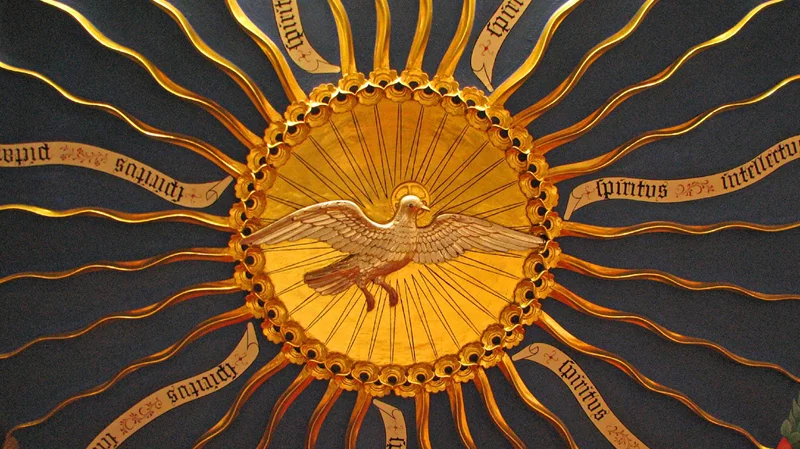When we consider the texts of the Reformation, it is easy to focus on the doctrinal tracts, sermons, and exegetical writings of the theologians of the era. The Reformation, however, affected all aspects of people’s lives, and so led to the construction many types of cultural artifacts. Born into a Catholic family, John Donne (1572-1631) converted to the evangelical faith and was ordained as a priest in the Church of England in 1615. A celebrated preacher during his life, Donne is best remembered as one of the most important English poets of the age. Many of his poems, such as this one entitled “The Holy Ghost”, reflect his religious concerns and can be seen to demonstrate another means for the propagation of Reformation ideas and another way to reach the hearts and minds of the people of his age.
Commentary
O Holy Ghost, whose temple I
Am, but of mudde walls, and condensed dust,
And being sacrilegiously
Half wasted with youth’s fires, of pride and lust,
Must with new storms be weatherbeat;
Double in my heart thy flame,
Which let devout sad tears intend; and let
(Though this glass lantern, flesh,
do suffer maime)
Fire, Sacrifice, Priest, Altar be the same.
Acts, eds. Esther Chung-Kim and Todd R. Hains, Reformation Commentary on Scripture, NT vol. 6, p. 21.





Comments
Be the first one to make a comment!